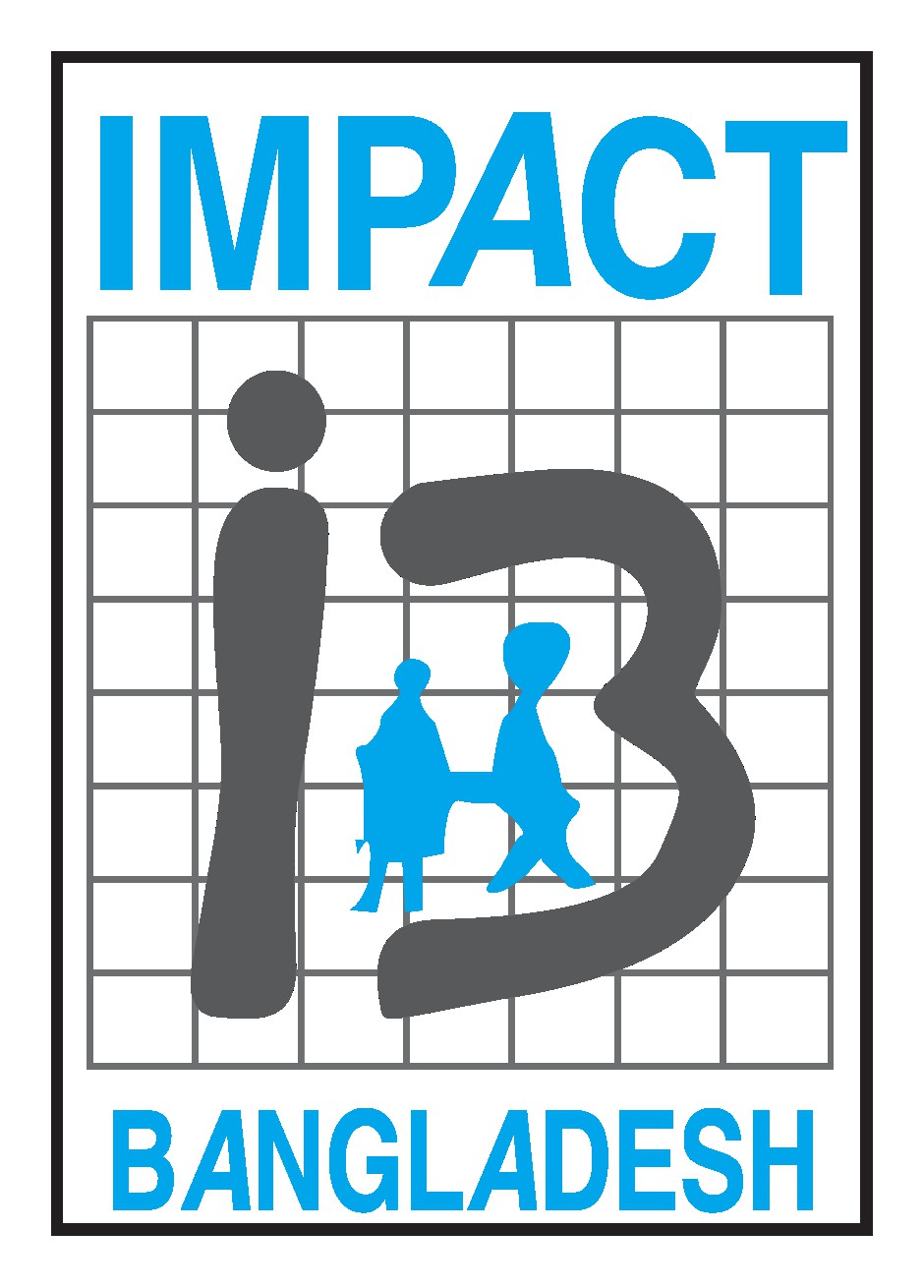Our Services
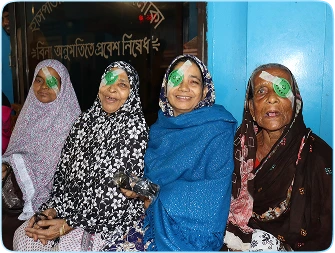
Screening and Treatment
Impact Foundation Bangladesh (IFB) offers affordable medical and surgical treatments, bringing essential healthcare services directly to people’s reach. The Jibon Tari Floating Hospital provides medical care to riverine communities by cruising along the major rivers of the country. Static hospitals in Chuadanga and Meherpur districts provide diagnostics and treatment for residents in the southwestern region of Bangladesh. IFB also conducts regular satellite clinics at remote locations through mobile medical camps and fixed sites. Outpatient Department (OPD) services are available to all patients from 9:00 AM to 5:00 PM, six days a week. The hospitals offer comprehensive diagnostic services—including pathology, radiology, and clinical investigations—to ensure accurate diagnoses and effective treatments for those in greatest need.
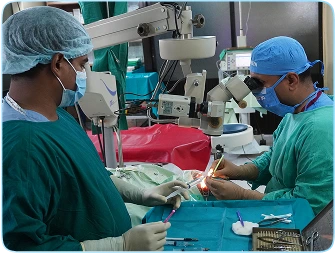
Corrective Surgeries
Half of the world’s disabling conditions can be treated—but for people living in remotest areas, surgery is often out of reach. IFB bridges this gap by offering affordable surgical services and medical treatments through the three project hospitals, taking specialized treatment to the underserved populations in Chuadanga, Meherpur, neighboring districts, and even remote riverbank communities. From restoring sight through cataract surgery to correcting cleft lip/palate, clubfoot, and other conditions, IFB provides thousands with the opportunity to walk, see, and live with dignity. With the support and dedication of our own and volunteer Eye and ENT, Plastic, and Orthopaedic surgeons, we support cataract, ENT conditions, clubfoot, cleft lip/palate, hydrocephalus, and uterine prolapse patients with life-changing surgeries.
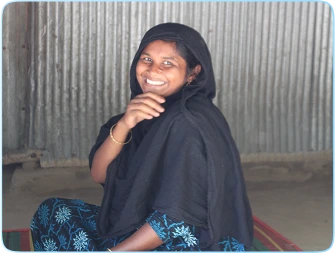
Pre and Post-Natal Care
To ensure safe pregnancies, thus healthier mothers and children, IFB provides comprehensive antenatal and postnatal care to mothers in Chuadanga and Meherpur districts- because every mother and child deserves a safe start. We aim to prevent pregnancy-related complications to reduce maternal and child mortality by providing ultrasound, vaccinations, and regular check-ups to monitor both the mother’s and newborn’s health. Our hospitals are equipped with ultrasound and pathological facilities, enabling early detection, timely management of complications, and healthier deliveries.
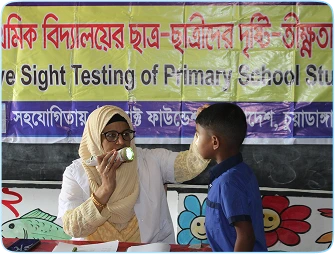
Eyesight Testing of School Students
Many rural children struggle in school simply because they cannot see clearly. Refractive error is the leading cause of visual impairment among school-aged children, yet in rural areas, most cases go undiagnosed for years. To address this problem, IFB organizes regular school eyesight camps to detect vision problems, provide free treatment or glasses alongside training to selected teachers as “School Health Monitors,” equipping them with necessary skills to regularly screen students and ensure timely referrals—so that children are diagnosed timely and no child’s education is held back by poor eyesight.
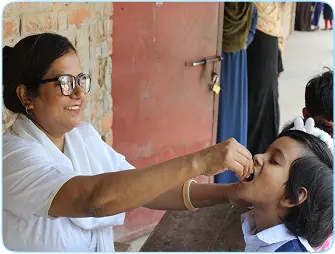
Immunization/Folic Acid and Vitamin A Distribution
For preventing disability and ensuring healthy child growth, it is essential to have access to immunization and vital micronutrients during pregnancy and early childhood. In partnership with the Government Health Department, IFB supports rural mothers by organizing Expanded Programme on Immunization (EPI) sessions to protect children and women of reproductive age. Through the extensive network of our Mothers’ Clubs, we support raising awareness of rural mothers about the importance of vaccination, mobilizing communities to ensure children receive protection against common childhood infections, as well as safeguarding women against tetanus.
IFB provides iron and folic acid to pregnant women, and Vitamin A to lactating mothers and children, which help reduce malnutrition, strengthen immunity, and secure the health and well-being of mothers and their children.

Rubella Vaccination
Rubella infection during pregnancy can cause serious birth defects or even stillbirth. For protection against rubella. IFB enhances the awareness of adolescents/ women of reproductive age through Mothers’ club meetings and school hygiene sessions on the importance of rubella protection, reproductive health, and the role of immunization in safeguarding the mothers and the next generation.
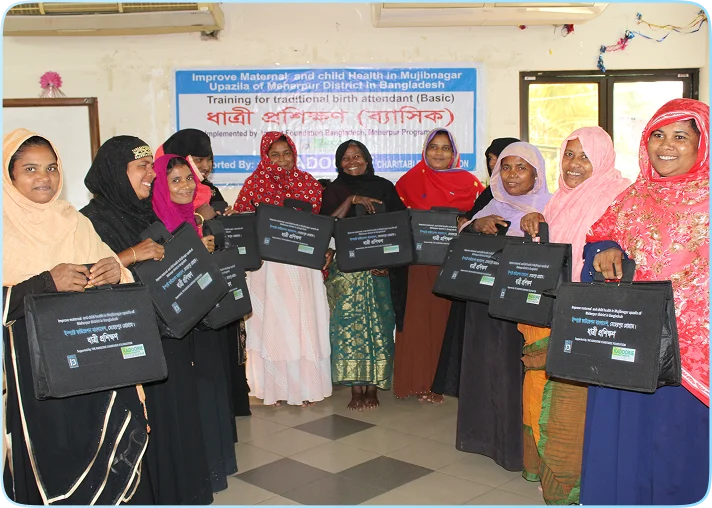
Health Education
IFB’s community-based programmes promote health awareness and positive hygiene behaviors among rural communities. We believe that increasing/spreading knowledge will drive the community people to healthier lives. Through our health education sessions, we promote better health and hygiene practices in rural communities by helping them adopt healthier lifestyles to prevent illness and maintain good health.
The individuals are empowered to address their health needs and support their families. The health education sessions are held during Mothers’ Club meetings, in the hospital OPD, and through outreach by our Field Organizers. By raising awareness and encouraging healthy habits, we empower families to lead safer and healthier lives.
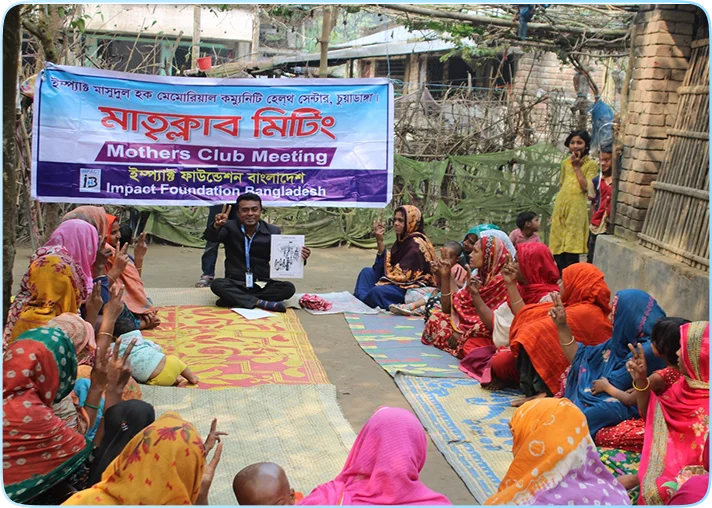
Mothers’ Club Networking
IFB brings together rural women through its extensive network of 1200 Mothers’ Clubs in Chuadanga and Meherpur districts. Our Field Organizers facilitate monthly courtyard meetings to support the mothers, empowering them with knowledge on maternal and child health. Each meeting brings together 20–25 mothers who meet monthly for two-hour courtyard sessions discussing health topics, such as antenatal, postnatal care, and check-ups; the importance of folic acid and TT vaccines during pregnancy; and vitamin A and child immunization.
Through the meetings, IFB creates a network of informed, empowered women, engages them in taking care of their families and the communities. The mothers spread the knowledge to their neighbors and thus increased community awareness.
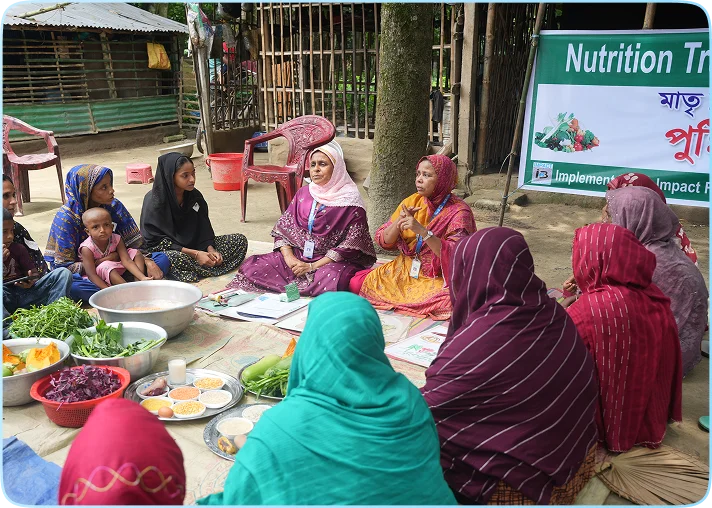
Nutrition Training
The importance of a balanced diet goes beyond good health and well-being. Its impact lasts a lifetime, which is the objective behind IFB’s nutrition training sessions, which are conducted for the rural Mothers’ Club members in Chuadanga and Meherpur districts to promote nutritious and healthy eating habits- especially for women, children, and vulnerable groups in rural communities. Nutritious and healthier food choices improve overall well-being and reduce the risk of nutrition-related disabilities in pregnant mothers and children.
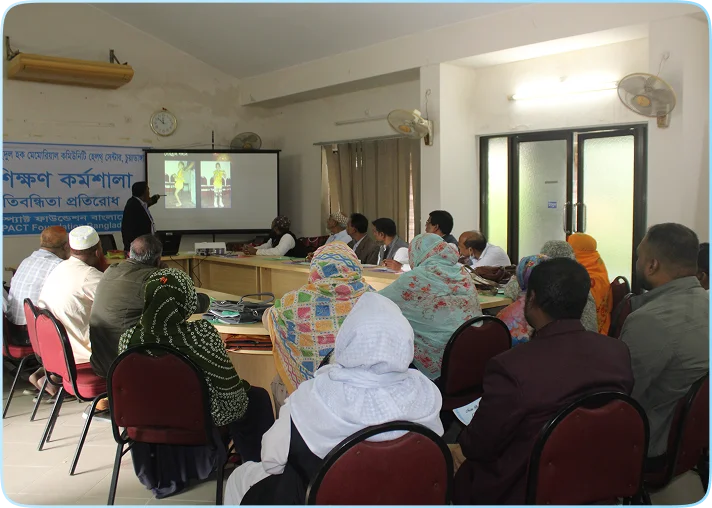
Capacity Building Training
For early detection and prevention of avoidable disabilities, IFB trains local community health actors, such as community leaders, TBAs, primary school teachers, and rural health workers, to capacitate them with adequate skills and knowledge. The trained actors play a significant role by raising awareness, increasing knowledge, and providing necessary referral support to the community people. Through our ongoing trainings, we support the key stakeholders in the communities for a healthier future for rural communities.
